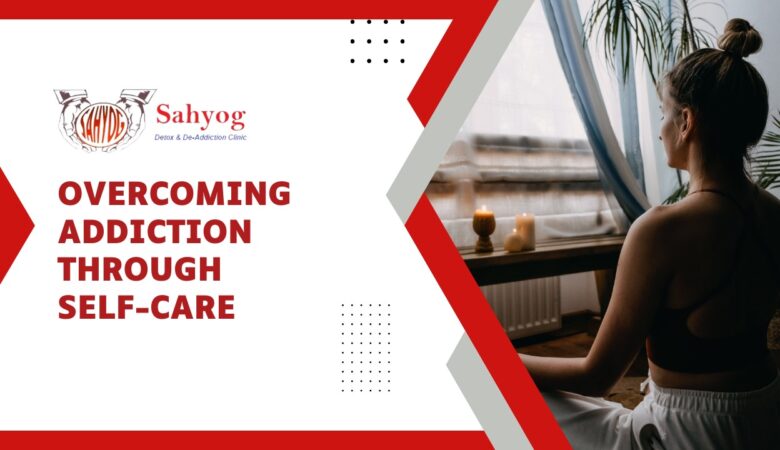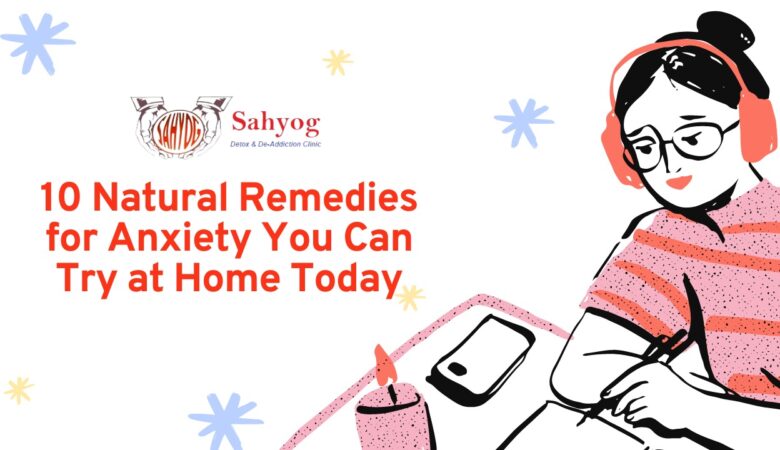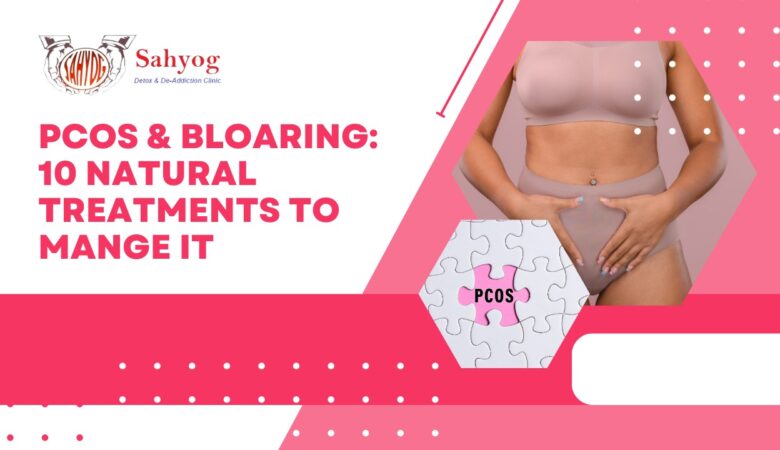Overcoming Addiction through Self-Care
Are you or a loved one struggling with addiction and looking for a way to break free from its grip? Overcoming addiction can be a challenging journey, but incorporating self-care into your recovery process can make all the difference. In this blog post, we will explore how practicing self-care techniques such as mindfulness, exercise, nutrition, and seeking support can pave the way to long-term sobriety. Let’s dive in and discover how self-care can help you on your path to healing and transformation. Understanding Addiction: Causes and Effects Addiction is a complex and multifaceted issue that can affect individuals from all walks of life. It often stems from a combination of genetic, environmental, and psychological factors. Some people may turn to substances or behaviors as a way to cope with stress, trauma, or underlying mental health conditions. The effects of addiction can be devastating, impacting not only the individual struggling but also their relationships, work, and overall quality of life. From physical health deterioration to financial strain and legal consequences, the repercussions are far-reaching. Understanding the root causes of addiction is crucial in addressing it effectively. By recognizing the triggers and patterns that contribute to addictive behaviors, individuals can begin to break free from its hold and embark on a journey towards recovery and healing. The Importance of Self-Care in Recovery Self-care is not just a buzzword; it’s a crucial aspect of recovery from addiction. Taking care of yourself means valuing your well-being and making choices that support your physical, emotional, and mental health. In the journey towards sobriety, self-care acts as a lifeline. It helps in managing stress, reducing triggers, and enhancing overall resilience. By prioritizing self-care, individuals can build a strong foundation for lasting recovery. Engaging in activities that bring joy and relaxation is key to maintaining balance in life post-addiction. Whether it’s meditation, spending time outdoors, or indulging in a hobby – finding what nourishes your soul is essential. Remember, practicing self-compassion is vital during this process. Be kind to yourself and acknowledge the progress you are making every step of the way. Self-care isn’t selfish; it’s necessary for healing and growth on the path to long-term sobriety. Incorporating Self-Care into Your Daily Routine Incorporating self-care into your daily routine is essential for overcoming addiction and maintaining long-term sobriety. Start by setting aside time each day to focus on activities that promote your well-being. This could involve engaging in hobbies you enjoy, spending time outdoors, or simply taking a few moments to relax and unwind. Make self-care a priority by scheduling it into your daily agenda. Whether it’s going for a walk, practicing mindfulness, or reading a book, find what works best for you and make it a non-negotiable part of your day. Remember that self-care looks different for everyone – the key is finding what brings you joy and peace. Don’t underestimate the power of small acts of self-care. Even simple gestures like drinking enough water, getting enough sleep, or eating nourishing meals can have a significant impact on your overall well-being. Take the time to listen to your body and mind’s needs and honor them through self-care practices. By incorporating self-care into your daily routine, you are not only prioritizing yourself but also building resilience against triggers that may lead to relapse. Stay committed to this practice as it plays a crucial role in supporting your journey towards recovery. Mindfulness and Meditation for Addiction Recovery Mindfulness and meditation play a crucial role in addiction recovery. By cultivating awareness of your thoughts and emotions, you can better understand the triggers that lead to substance abuse. Mindfulness teaches you to observe without judgment, allowing you to respond to cravings in a more constructive way. Meditation helps calm the mind and reduce stress, which are often underlying factors in addictive behaviors. Taking just a few minutes each day to sit quietly and focus on your breath can have profound effects on your mental well-being. It allows you to create space between impulse and action, giving you the power to make healthier choices. Incorporating mindfulness practices into your daily routine can help break the cycle of addiction by promoting self-awareness and self-compassion. Whether through guided meditations or mindful breathing exercises, these techniques provide valuable tools for managing cravings and preventing relapse. By making mindfulness and meditation a regular part of your recovery journey, you empower yourself with inner strength and resilience. These practices not only support sobriety but also promote overall emotional balance and well-being. The Role of Exercise and Nutrition in Overcoming Addiction Engaging in regular exercise and maintaining a balanced diet play crucial roles in the journey of overcoming addiction. Physical activity not only helps to improve overall health but also aids in reducing stress, anxiety, and depression – common triggers for addictive behaviors. By incorporating exercise into your routine, you can boost your mood and self-esteem, making it easier to stay on track with recovery. Nutrition is equally important as it provides the body with essential nutrients needed for optimal functioning. Eating a well-balanced diet rich in vitamins, minerals, and proteins can help repair the damage caused by substance abuse and promote physical healing. Moreover, proper nutrition supports mental clarity and stability, contributing to better decision-making skills when facing temptations. Incorporating healthy habits such as regular workouts and mindful eating can significantly enhance your recovery journey by strengthening both your body and mind. Making small but consistent changes towards a healthier lifestyle can empower you to take control of your well-being while breaking free from addictive patterns. Seeking Professional Help and Support Groups Seeking professional help and joining support groups can be pivotal in overcoming addiction. Professional therapists and counselors have the expertise to guide you through the challenges of recovery, offering personalized strategies tailored to your specific needs. Their support can provide valuable insights and tools to help you navigate the complexities of addiction. Support groups create a sense of community and understanding among individuals facing similar struggles. Sharing experiences with others who are on




